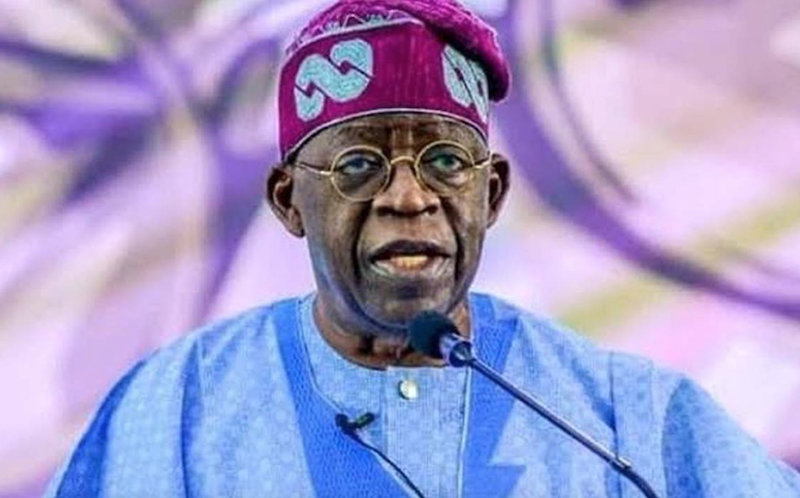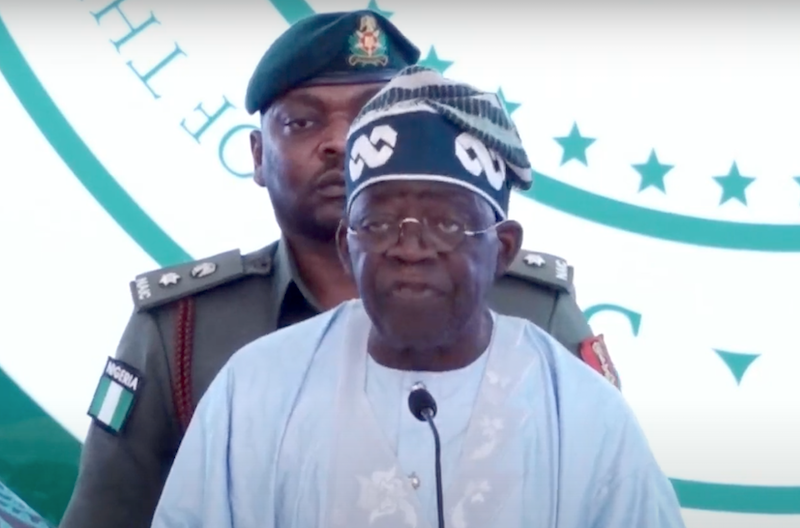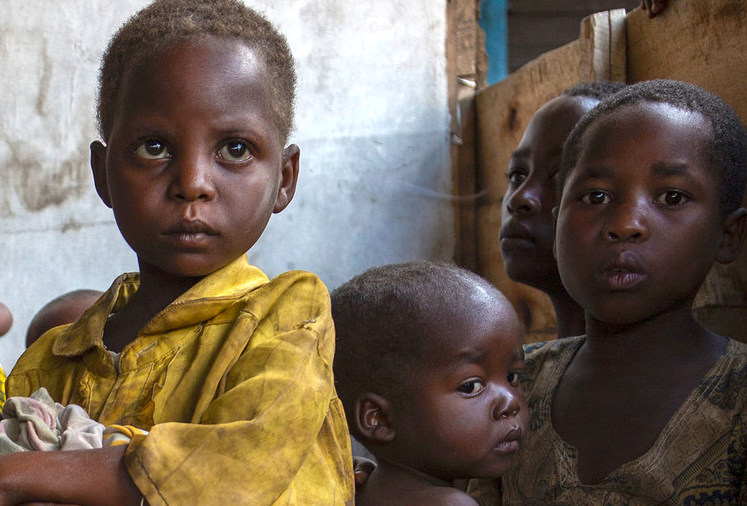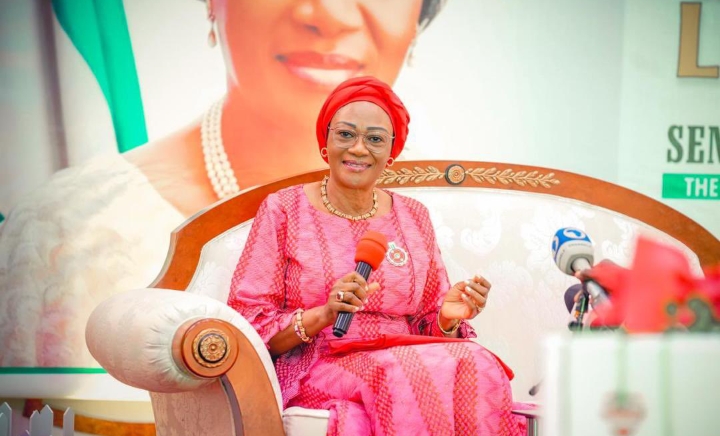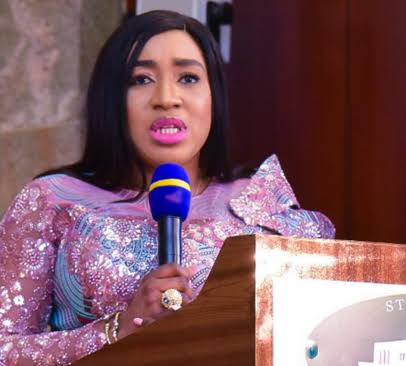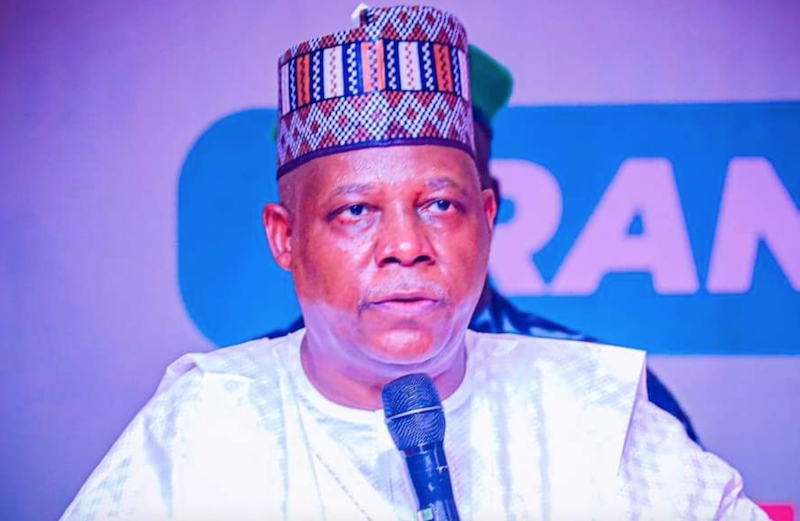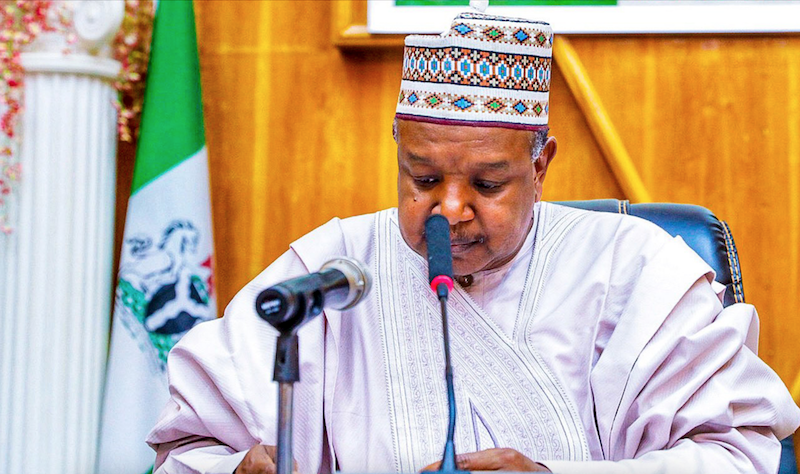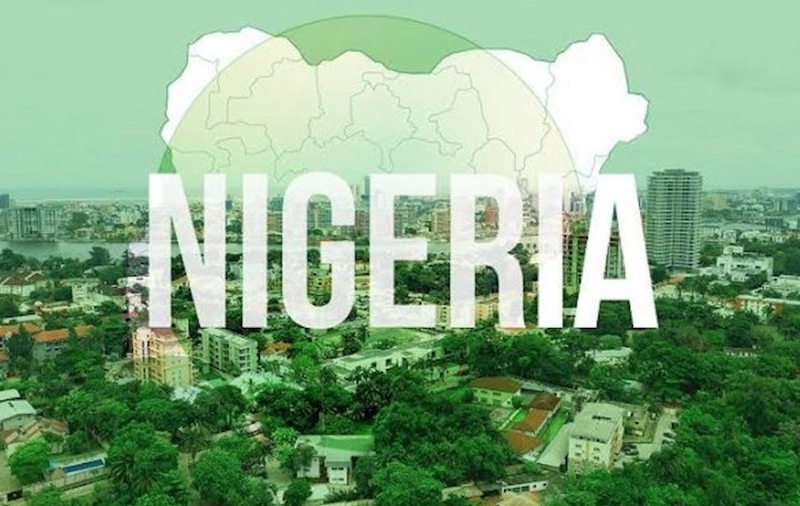Nigerians are currently experiencing the worst moments of their lives under Bola Ahmed Tinubu as the President of Nigeria as economic hardship bites harder in the country.
Nigerians have shared their experiences; many have marched the streets in protest in several States. Never has it been this bad, they said.
Tinubu has made courageous decisions since assuming office as President, including ending fuel subsidy payments and floating the Naira. Tinubu’s decisions have affected the economy adversely.
His decision to remove fuel subsidy payments led to a drastic increase in petrol prices and a rise in living costs as the Naira continues to lose value against the Dollar on a daily basis.
As a result, Nigeria’s inflation rate hit a three-decade high above 29% in January 2024. According to the National Bureau of Statistics (NBS), between January 2023 and January, the headline inflation rate increased by 8.08% points to 29.90%.
Amid Nigeria’s ongoing economic imbroglio, many believe the government in power has been unkind to the poor and unemployed youths. Because over half of Nigeria’s inflation is driven by rising food prices, many poor individuals and families live in hunger.
A large portion of the Nigerian population believes that the government is insensitive to the plight of the people, neglecting the poor and unemployed amid economic difficulties and soaring food costs.
Tired of the prevailing economic hardship, in early February, women and youths in their numbers took to the streets and protested against hunger and the high cost of living in some States.
In Minna, the Niger State capital, in one of the protests, women were seen carrying placards with the inscription “No food, we are dying of hunger”. The protesting women demanded better conditions of living and reduction in the costs of goods and services for the citizenry.
In Kano State, both elderly men and women besieged the Bachirawa, Kurna and Rijiyar Zaki road along Katsina-Kano road chanting, “we can’t bear the high cost of living”.
The economic hardship, according to a recent report by AFP, forces people to skip meals and eat poor-grade rice that should be used as fish feed.
On Monday, the Emir of Kano, Alhaji Aminu Ado Bayero sent the Nigerian First Lady to convey his frustration to President Tinubu; still about the hardship and hunger being experienced by citizens in the country.
“Although we have several means of communicating with the government on our needs and requests, your way and means are the surest way that you would tell the President the actual happenings in the country.
“The hunger and starvation didn’t start with this government; the situation has become more alarming and needs urgent attention,” the Emir of Kano told Oluremi Tinubu.
Similarly, on Wednesday, the Sultan of Sokoto and Chairman of the Northern Traditional Rulers Council, Muhammad Sa’ad Abubakar III voiced his dissatisfaction with the current state of affairs in the country.
The Sultan of Sokoto specifically warned the federal government about the hardship, insecurity, poverty and unemployment in Nigeria and the North.
The Sultan, who spoke at the 6th Executive Committee Meeting of the Northern Traditional Rulers Council in Kaduna, said the economic hardship in Nigeria had reached a level where citizens were agitated and angry.
“To make matters worse, we are faced with the rising level of poverty amongst our people, lack of normal sources of livelihood for the common man to have even if it is one good meal a day.
“I believe talking of insecurity and the rising level of poverty are two issues that we cannot fold our arms and think everything is okay. I have said it so many times and at so many fora that things are not okay in Nigeria and of course, things are not okay in the North,” he said.
Also, Kano-based business mogul Aminu Dantata, owing to the hardship in the land, has supported the move to ditch the current presidential system of government being practised in the country.
“Things are not working; the country is stagnant and the citizens are not enjoying anything out of it, so there should be a serious move to adopt the Parliamentary System so that Nigeria would be great,” Dantata said.
At least 63 per cent of Nigeria’s population lives in extreme poverty, the statistics bureau says.
Due to the hardship, many impoverished Nigerians have had to forgo items like meat, eggs, milk, and potatoes, which are now considered luxuries. A loaf of bread is N1,500. A crate of eggs is N3,500. It is nearly impossible to have breakfast in Nigeria today.
Nigerians are no longer staying silent about their frustrations and are expressing their anger. They are calling on the government to address the issues of hunger and insecurity.
Where do we go from here?
